Bachelor of Arts in Philosophy

学历文凭
Bachelor Degree

专业院系
Philosophy

开学时间

课程时长

课程学费

国际学生入学条件
IDP—雅思考试联合主办方

雅思考试总分
6.5
- 雅思总分:6.5
- 托福网考总分:90
- 托福笔试总分:575
- 其他语言考试:NA
CRICOS代码:
申请截止日期: 请与IDP联系 以获取详细信息。
课程简介
相关申请
 预科
预科 奖学金
奖学金 实习机会
实习机会 在校学习
在校学习 跨境学习
跨境学习 校园授课-线上开始
校园授课-线上开始 在线/远程学习
在线/远程学习
本校相关课程
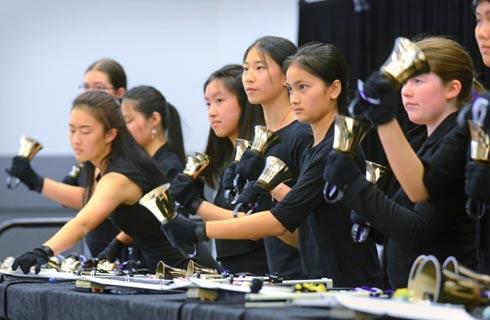
教育科学硕士:教学领导
学历文凭
Masters Degree
开学日期
课程费用总额

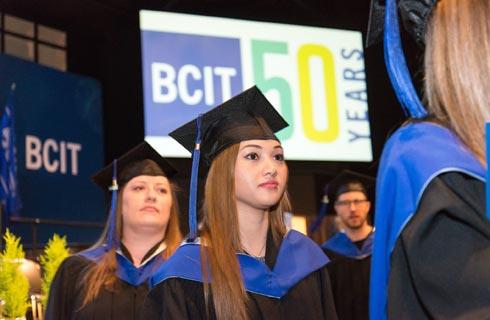
Doctor of Pharmacy
学历文凭
Ph.D.
开学日期
课程费用总额

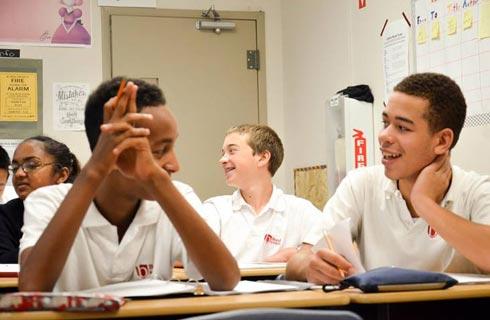
Master of Music in Piano Performance and Pedagogy
学历文凭
Masters Degree
开学日期
课程费用总额


Doctor of Ministry in Christian Preaching
学历文凭
Ph.D.
开学日期
课程费用总额


Master of Arts in Theological Studies
学历文凭
Masters Degree
开学日期
课程费用总额


Master of Divinity
学历文凭
Masters Degree
开学日期
课程费用总额

其他相关课程

Master of Arts in Philosophy (Non-Thesis)
 康考迪亚大学
康考迪亚大学学历文凭
Masters Degree
开学日期
课程费用总额


文学士-哲学(联合)(荣誉学位)
 卡尔顿大学
卡尔顿大学泰晤士高等教育世界大学排名:511
学历文凭
Bachelor Degree with Honours
开学日期
课程费用总额


Doctor of Philosophy in Philosophy
 加州大学洛杉矶分校
加州大学洛杉矶分校泰晤士高等教育世界大学排名:19
学历文凭
Ph.D.
开学日期
课程费用总额

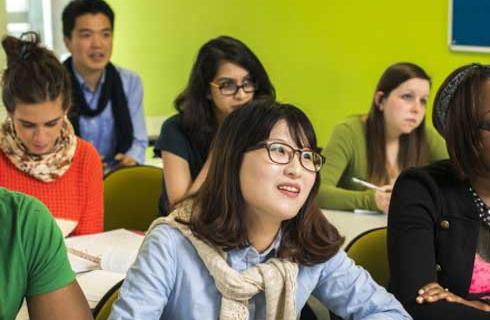
Doctor of Philosophy in Philosophy - Metaphysics
 罗切斯特大学
罗切斯特大学泰晤士高等教育世界大学排名:127
学历文凭
Ph.D.
开学日期
课程费用总额


Bachelor of Science in Criminal Justice and Philosophy
 东北大学
东北大学学历文凭
Double Major Degree
开学日期
课程费用总额

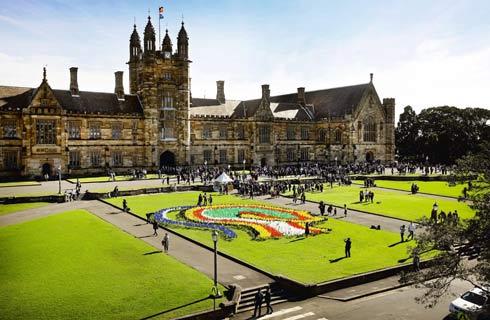
哲学文学士(荣誉学位)
 滑铁卢大学
滑铁卢大学学历文凭
Bachelor Degree with Honours
开学日期
课程费用总额










